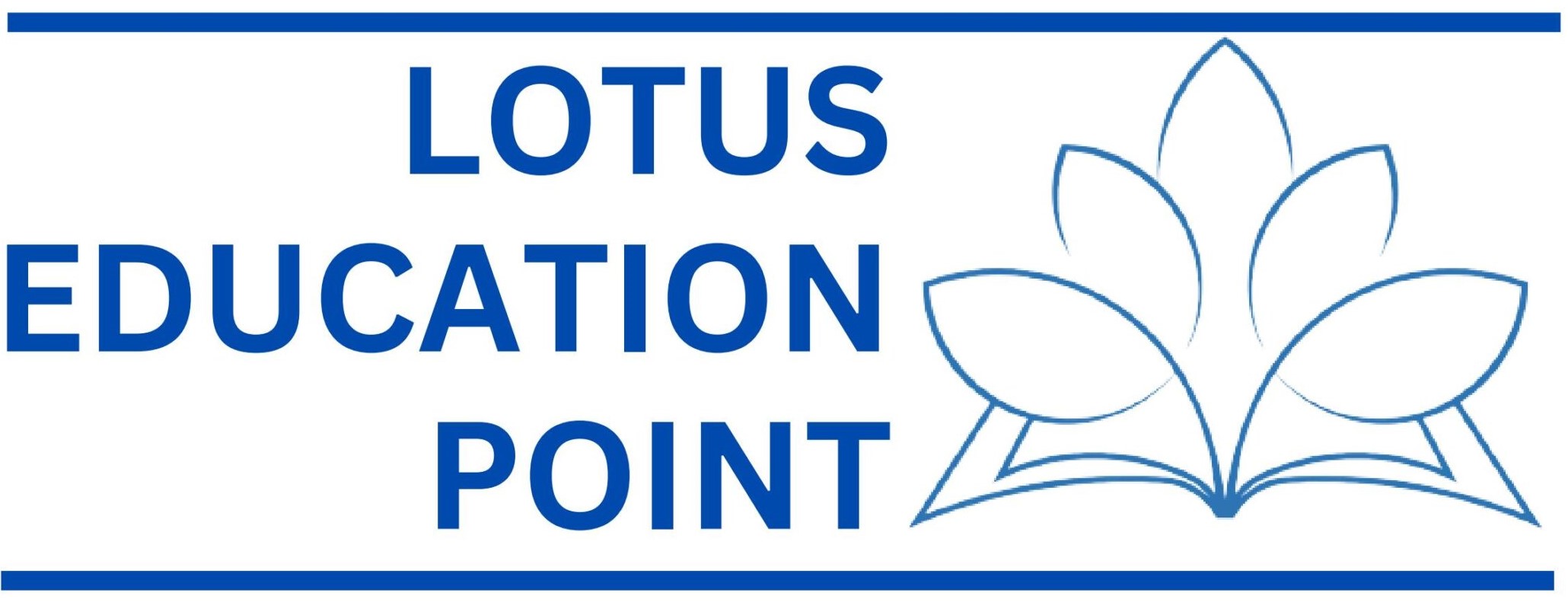“Which Master’s Is Right for You? Taught vs. Research Compared”
“One of the first and most important decisions in your master’s journey is choosing between a taught or research-based program. Each path holds unique advantages—your choice should reflect how you learn, where you want to go, and what inspires you. Understand the differences, and let your goals lead the way.”
1. Taught Master
A Taught Master’s degree offers a structured, classroom-based learning experience, much like an undergraduate program. It is built around a series of carefully designed modules, combining lectures, seminars, group work, and assessments to deepen your understanding of a specific subject area.
Throughout the course, you’ll attend regular classes, collaborate on projects, and complete assignments such as essays, exams, and presentations—all supported by dedicated academic staff and tutors.
This type of program is especially well-suited for students who thrive in a guided learning environment with clear schedules, consistent feedback, and a strong academic framework.

2. What is a research master’s?
A Research Master’s degree is designed for students who want to dive deeper into a subject through independent investigation and original research. Unlike taught programs, the focus here is not on lectures or classroom learning but on developing and completing a major research project under the guidance of an academic supervisor.
While some courses may include a few taught modules to support your research skills, the heart of the program lies in producing a substantial thesis or dissertation based on your own original work. This process helps you gain in-depth expertise in your chosen field and strengthens your ability to think critically, solve complex problems, and work independently.
Research Master’s programs are ideal for students who are curious, self-motivated, and passionate about contributing new knowledge to their academic or professional field. They also serve as excellent preparation for pursuing a PhD or a research-oriented career.
3. What Are the Differences?
1. Learning Style
A Taught Master’s follows a structured learning approach, with scheduled lectures, seminars, and regular assessments. The focus is on coursework, guided instruction, and classroom-based activities, making it suitable for students who prefer organized and supported learning environments.
In contrast, a Research Master’s centers around independent learning. While there may be some taught components, the main emphasis is on developing, executing, and presenting an original research project. This format is ideal for students who enjoy working independently and want to build strong research and analytical skills through hands-on exploration of a specific topic.
4. Assessment Methods
In a Taught Master’s program, assessment is typically based on coursework such as written exams, essays, group projects, and presentations. These are designed to test your understanding of the taught modules and your ability to apply theoretical knowledge in practical contexts.
For a Research Master’s, assessments may include some coursework, like essays and presentations, but the main focus is on your ability to plan, carry out, and present an independent research project. The final assessment usually involves submitting a thesis or dissertation, which demonstrates your original contribution to the field, along with possible evaluations of professional research skills.
5. Duration
A Taught Master’s is typically completed within 12 months for full-time students, though many universities also offer part-time or flexible study options that can extend the duration to suit your schedule.
A Research Master’s usually runs for 12 months full-time or 24 months part-time, giving students more time to focus on their independent research project. The extended timeline helps ensure sufficient depth, quality, and originality in the final thesis or dissertation.
6. Awards
A Taught Master’s typically leads to well-known qualifications such as MSc (Master of Science), MA (Master of Arts), or MBA (Master of Business Administration). These degrees are widely recognized and often geared towards professional development and industry relevance.
A Research Master’s, on the other hand, results in degrees like MRes (Master of Research), MPhil (Master of Philosophy), MLitt (Master of Letters), MMus (Master of Music), or LLM by Research (Master of Laws). These qualifications reflect the research-intensive nature of the program and are especially suited for those considering academic or research-based careers.
7. Choosing the Right Master’s Degree for You
Deciding between a Taught Master’s and a Research Master’s comes down to your personal learning style, future goals, and preferred level of academic independence. Here are a few key factors to help guide your choice:
- Career Goals: If your aim is to gain practical, career-focused skills for roles in industry or the professional sector, a Taught Master’s may be a better option. These programs are ideal for building expertise and qualifications required in specific job markets.
- Further Study: Planning to pursue a PhD or enter academia? A Research Master’s will equip you with the essential research skills and experience needed for doctoral-level study and academic careers.
- Learning Style: Reflect on how you learn best. If you prefer a structured environment with scheduled classes and regular deadlines, a taught program will likely suit you. If you enjoy working independently and want the freedom to explore a specific topic in depth, a research-based program might be more fulfilling.
- Time Commitment: Research Master’s programs often demand more time and dedication for completing original research and writing a thesis. If your schedule is limited or you prefer a faster route to graduation, a Taught Master’s could be more manageable.
Recommendation and Conclusion
We (Lotus Education Point) understand that choosing the right Master’s program is a big decision—one that shapes your future career and academic journey.
- If you prefer a clear, guided learning path with regular classes, teamwork, and practical assessments designed to boost your professional skills, a Taught Master’s is the perfect choice for you. It’s ideal for students eager to fast-track their career with industry-relevant knowledge and hands-on experience.
- If you’re curious, independent, and passionate about diving deep into a subject to create original research, then a Research Master’s will empower you to stand out as a true expert. This path is tailored for those who dream of academic excellence, PhD studies, or research-focused careers.
Both paths open doors—but your choice depends on your unique learning style and career goals. Whether you want a structured environment or the freedom to explore independently, Lotus Education Point is here to guide you every step of the way.
Ready to take the next step? Connect with us today, and let’s find the perfect Master’s program to launch your success!
ᴠɪꜱɪᴛ ᴜꜱ: ᴡʜɪᴛᴇ ʜᴏᴜꜱᴇ, 7ᴛʜ ꜰʟᴏᴏʀ, ɢᴀɴᴇꜱᴛʜᴀɴ, ᴄʜᴀʙᴀʜɪʟ
Cᴀʟʟ ᴜꜱ: 9851337202 | 01-5921597 / 5921598
WhatsApp: 9851359877/ 9708001345
ᴇᴍᴀɪʟ: info@lotuseducation.edu.np

)
